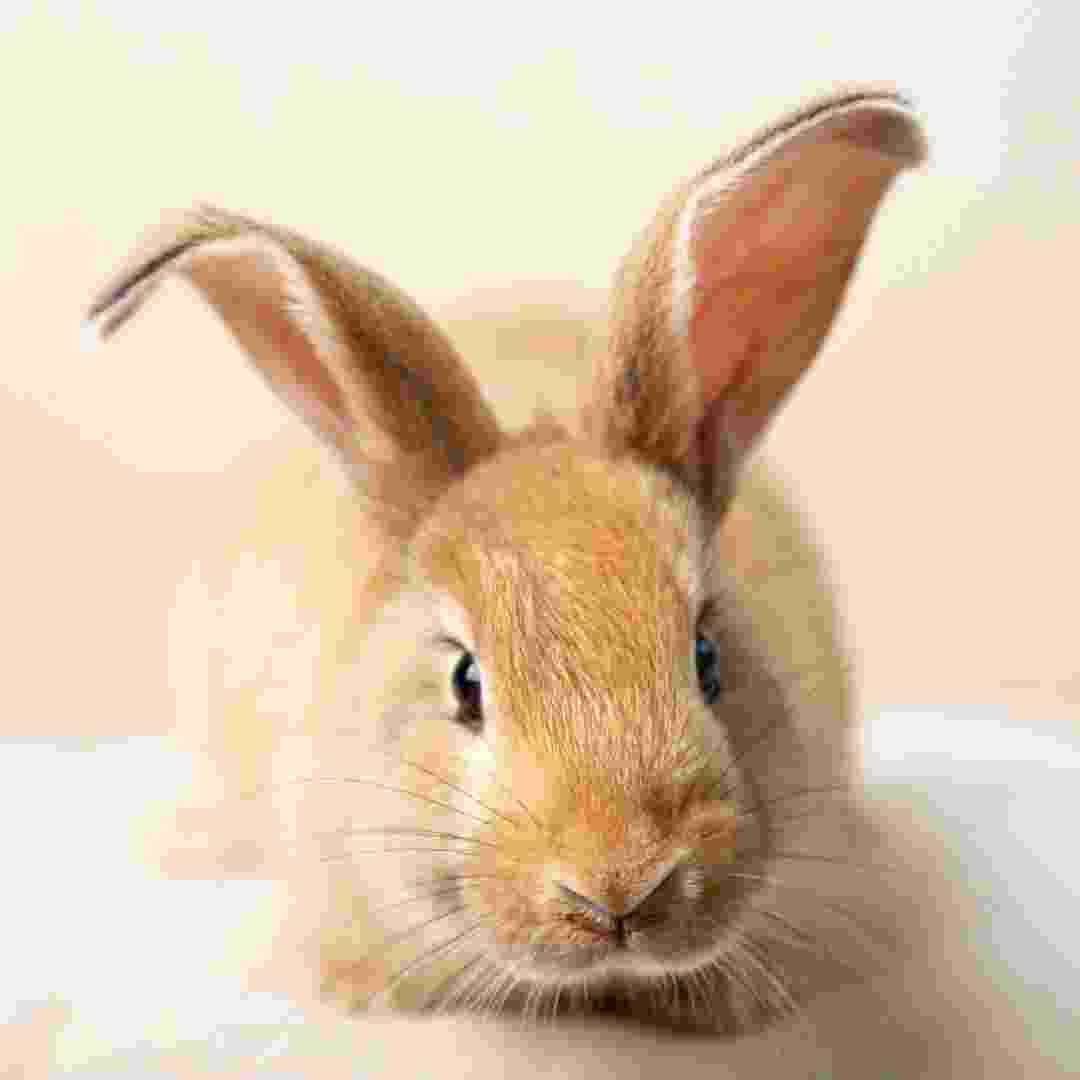Contents Table
Introduction
The Average Rabbit Pregnancy Length
Telling if a rabbit is pregnant
Benefits of Early Rabbit Pregnancy Detection
Rabbit Pregnancy Care
Common Rabbit Pregnancy Complications
Q&A
Conclusion
Introduction
Small mammals like rabbits have brief gestations. Rabbits have one of the shortest gestation periods of any animal, 28–31 days. As she prepares for her litter, the mother rabbit will undergo many physical and hormonal changes. This page discusses rabbit pregnancy length, indications, and care.
The Average Rabbit Pregnancy Length
Rabbit pregnancies average 31 days. As she prepares for her litter, the female rabbit will undergo physical and hormonal changes. The female rabbit gives birth to four to twelve pups in a short gestation period compared to other animals.
Rabbit gestation begins with the female's estrus cycle, which increases sexual activity. After fertilization, the fertilized eggs are deposited in the uterus. The female body will then generate hormones to support embryo development.
In the latter days of pregnancy, the female prepares a nest for her young. The litter usually arrives within hours.
After giving birth, the female rabbit will feed and protect her offspring until they can care for themselves. The usual rabbit litter size is four to twelve young, however bigger litters are common.
Rabbit pregnancies average 31 days. As she prepares for her litter, the female rabbit will undergo physical and hormonal changes.
Telling if a rabbit is pregnant
Rabbits breed quickly, so knowing when they're pregnant is crucial. Knowing the indications of pregnancy will help you prepare for new kits and give the mother and her litter the greatest care.
Behavior change is the earliest indicator of rabbit pregnancy. Pregnant rabbits may nest and become more loving. She may also grow territorial and hostile against other rabbits.
Rabbit body changes are the second pregnant indicator. A pregnant rabbit's abdomen will round out and her nipples will grow.
Rabbit diet changes are the third pregnancy indication. Pregnant rabbits consume more and may try new foods.
Rabbit activity changes are the fourth pregnancy indication. Some pregnant rabbits sleep more and become less active.
Rabbit reproductive organ changes are the fifth pregnancy indicator. A rabbit's vulva and uterus swell during pregnancy.
Your rabbit should be checked at the vet if you suspect pregnancy. Your vet can confirm the pregnancy and offer suggestions for mother and litter care.
Benefits of Early Rabbit Pregnancy Detection
An early rabbit pregnancy diagnosis benefits both the rabbit and its owner. Early detection of a pregnancy allows the owner to provide the rabbit with sufficient nourishment and care for a healthy pregnancy and delivery. Early notice lets the owner prepare for the litter and gather supplies.
Palpation is the most prevalent early detection approach. To find fetuses, carefully touch the rabbit's abdomen. Veterinarians or skilled rabbit breeders use this procedure. Palpation can identify pregnancy three weeks after fertilization.
Another early detection approach is ultrasonography. This method is more accurate than palpation and can identify pregnancy two weeks after conception. Veterinary ultrasounds require specialist equipment.
Early rabbit pregnancy identification helps the mother and litter. Early pregnancy detection allows the owner to provide the mother with sufficient diet and care for a successful pregnancy and birth. Early notice lets the owner prepare for the litter and gather supplies.
Early rabbit pregnancy detection benefits both the rabbit and its owner. Early pregnancy detection allows the owner to provide the mother with sufficient diet and care for a successful pregnancy and birth. Early notice lets the owner prepare for the litter and gather supplies.
Rabbit Pregnancy Care
Pregnant rabbit care needs expertise and effort. Pregnant rabbits' needs must be understood to protect the mother and her offspring.
Safe and comfortable housing is the first step in caring for a pregnant rabbit. The rabbit needs a large, well-ventilated cage with plenty of room to move. To make nesting comfy, line the cage with hay or straw. Provide a hiding box for the rabbit to use when stressed or overwhelmed.
Next, feed the pregnant rabbit well. Healthy pregnancy requires a high-fiber diet. Daily feed should include fresh hay, vegetables, and high-quality pellets. Additionally, fresh water must always be available.
Pregnant rabbits need exercise. A large, contained space for the rabbit to explore and exercise is vital. Sharp objects and hazardous plants should not be in this region.
Finally, watch for illness or suffering in the pregnant rabbit. If the rabbit is in pain or not eating or drinking, take it to the vet.
Care for a pregnant rabbit is enjoyable but takes expertise and devotion. You can protect the mother and her unborn kits by providing a safe and pleasant habitat, a healthy diet, and plenty of exercise.
Common Rabbit Pregnancy Complications
Rabbit pregnancies are delicate and can cause difficulties. Be aware of these potential difficulties so they may be addressed immediately and properly.
Dystocia, or birthing problems, are frequent in rabbits. This can be caused by litter size, mother size, or baby position. If dystocia is detected, seek veterinary help immediately.
Pyometra, a uterine infection, is another common consequence. Retained placentas and bacterial infections can cause this. Pyometra can kill untreated.
Uterine tumors are a third consequence. This rare yet significant illness can enlarge the uterus and cause other issues. Consult a vet promptly if a tumor is suspected.
Finally, mammary gland infection mastitis can complicate rabbit pregnancy. Retained placentas and bacterial infections can cause this. Mastitis can kill untreated.
To handle these rabbit pregnancy issues early, it's crucial to be aware of them. If any of these conditions are detected, get veterinarian help immediately.

Q&A
1. Rabbit gestation length?
The average rabbit gestation time is 28-31 days.
2. How can I tell my rabbit is pregnant?
Rabbit pregnancy is indicated by a bigger abdomen, increased hunger, and nesting.
3. How many kids can a rabbit have?
Bunnies can have 1-14 offspring per litter.
4. How soon after birth can rabbits conceive?
Rabbits can conceive two weeks after giving birth.
5. What should I do with a pregnant rabbit?
Your pregnant rabbit needs a safe, pleasant habitat and enough of fresh food and water. You should also take her to the vet for frequent checkups during pregnancy.
Conclusion
Rabbit pregnancies last 28–31 days, with the average being 30. This is a short time for other animals, and the mother rabbit will have 4-12 babies. The mother rabbit raises her offspring until they are weaned and leave the nest.
